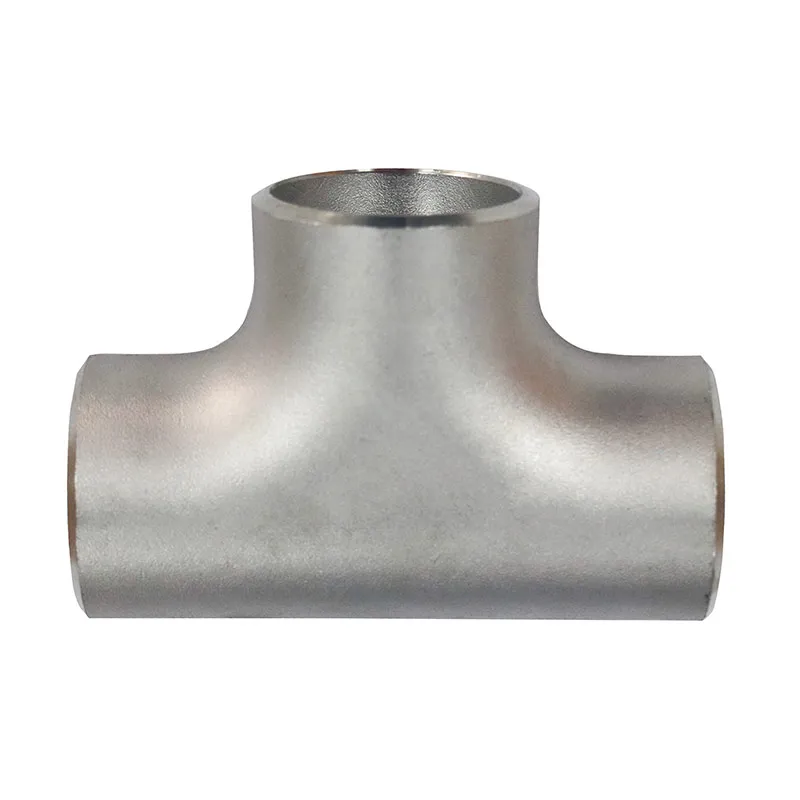-
Cangzhou Yulong Steel Co., Ltd.
-
Phone:
+86 13303177267 -
Email:
admin@ylsteelfittings.com
- English
- Arabic
- Italian
- Spanish
- Portuguese
- German
- kazakh
- Persian
- Greek
- French
- Russian
- Polish
- Thai
- Indonesian
- Vietnamese
- Zulu
- Korean
- Uzbek
- Hindi
- Serbian
- Malay
- Ukrainian
- Gujarati
- Haitian Creole
- hausa
- hawaiian
- Hebrew
- Miao
- Hungarian
- Icelandic
- igbo
- irish
- Japanese
- Javanese
- Kannada
- Khmer
- Rwandese
- Afrikaans
- Albanian
- Amharic
- Armenian
- Azerbaijani
- Basque
- Belarusian
- Bengali
- Bosnian
- Bulgarian
- Catalan
- Cebuano
- China
- China (Taiwan)
- Corsican
- Croatian
- Czech
- Danish
- Esperanto
- Estonian
- Finnish
- Frisian
- Galician
- Georgian
- Kurdish
- Kyrgyz
- Lao
- Latin
- Latvian
- Lithuanian
- Luxembourgish
- Macedonian
- Malgashi
- Malayalam
- Maltese
- Maori
- Marathi
- Mongolian
- Myanmar
- Nepali
- Norwegian
- Norwegian
- Occitan
- Pashto
- Dutch
- Punjabi
- Romanian
- Samoan
- Scottish Gaelic
- Sesotho
- Shona
- Sindhi
- Sinhala
- Slovak
- Slovenian
- Somali
- Sundanese
- Swahili
- Swedish
- Tagalog
- Tajik
- Tamil
- Tatar
- Telugu
- Turkish
- Turkmen
- Urdu
- Uighur
- Welsh
- Bantu
- Yiddish
- Yoruba

Dec . 12, 2024 19:10 Back to list
metal sewer pipe
Understanding Metal Sewer Pipes Benefits and Considerations
When it comes to plumbing systems, sewer pipes play a crucial role in the safe and efficient disposal of wastewater. Among the various materials used for sewer pipes, metal has been a prevalent choice due to its durability, strength, and resistance to certain environmental factors. This article explores the benefits and considerations of using metal sewer pipes, shedding light on their applications in modern infrastructure.
Types of Metal Sewer Pipes
Metal sewer pipes are mainly composed of materials like cast iron, steel, and copper. Each of these materials has unique characteristics that influence its suitability for different applications.
1. Cast Iron Cast iron has been a standard choice for sewer systems for many decades. Its exceptional strength allows it to withstand heavy loads, making it ideal for underground installations. Additionally, cast iron pipes have excellent sound-dampening properties, reducing noise from wastewater flow. With a lifespan often exceeding 100 years, they are a reliable option for long-term infrastructure.
2. Steel Steel pipes, particularly galvanized or stainless steel, are known for their resilience and corrosion resistance. While they are lighter than cast iron, they can still handle substantial pressure and are suitable for a variety of installations. Stainless steel, in particular, is highly resistant to rust and corrosion, making it ideal for areas with high moisture or aggressive soil conditions.
3. Copper Though less common for sewer applications compared to cast iron and steel, copper offers unique advantages. Its natural antimicrobial properties help prevent bacterial growth, making it a popular choice for specific plumbing uses. However, copper is generally more expensive and may not be suitable for all sewer applications due to its susceptibility to certain types of corrosion.
Benefits of Metal Sewer Pipes
Durability and Longevity Metal sewer pipes are designed to withstand the test of time. With proper installation and maintenance, these pipes can last for decades, making them a worthy investment for both residential and commercial properties.
Resistance to Damage Metal pipes are less likely to crack or break compared to other materials like PVC, especially in environments with changing temperatures. Their resistance to external factors like soil movement and heavy loads further enhances their longevity.
metal sewer pipe

Sustainability Metal is a recyclable material, making metal sewer pipes an environmentally friendly option
. When metal pipes reach the end of their life cycle, they can be recycled to produce new products, reducing waste and promoting sustainability.Fire Resistance Metal pipes are non-combustible, providing an added layer of safety in case of fire. This property makes them preferable in areas with strict fire regulations.
Considerations for Metal Sewer Pipes
While metal sewer pipes offer numerous benefits, there are also considerations to keep in mind.
Corrosion Corrosion can be a concern, particularly for steel and cast iron pipes. Over time, exposure to moisture and chemicals in wastewater can cause rust and deterioration. Applying protective coatings and regular maintenance can mitigate these risks.
Weight and Installation Metal pipes tend to be heavier than alternative materials like PVC, which may complicate installation. Proper equipment and skilled labor are necessary to handle these materials safely during the installation process.
Cost The initial cost of metal sewer pipes is often higher than that of plastic alternatives. While their longevity can offset these costs over time, budget-constrained projects may prefer less expensive options in the short term.
Conclusion
Metal sewer pipes remain a staple in the plumbing industry, valued for their durability, strength, and resistance to external factors. Installing these pipes can lead to a reliable and long-lasting sewer system, but it's essential to consider factors like corrosion, weight, and cost before making a decision. By weighing the benefits against the considerations, property owners and infrastructure planners can make informed choices that ensure efficient and effective wastewater management for years to come.
Latest news
-
ANSI 150P SS304 SO FLANGE
NewsFeb.14,2025
-
ASTM A333GR6 STEEL PIPE
NewsJan.20,2025
-
ANSI B16.5 WELDING NECK FLANGE
NewsJan.15,2026
-
ANSI B16.5 SLIP-ON FLANGE
NewsApr.19,2024
-
SABS 1123 FLANGE
NewsJan.15,2025
-
DIN86044 PLATE FLANGE
NewsApr.19,2024
-
DIN2527 BLIND FLANGE
NewsApr.12,2024
-
JIS B2311 Butt-Welding Fittings LR/SR 45°/90° /180°Seamless/Weld
NewsApr.23,2024











